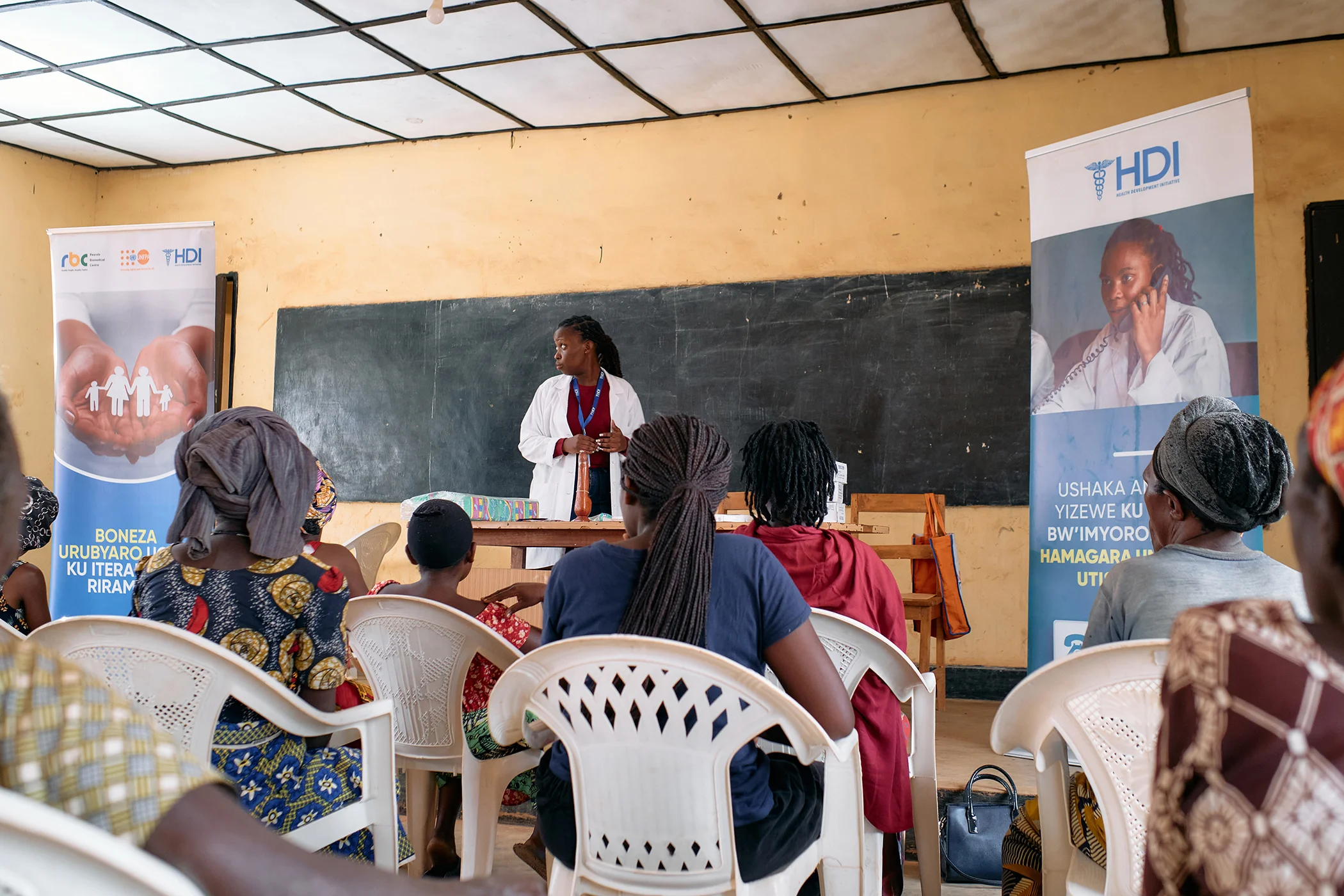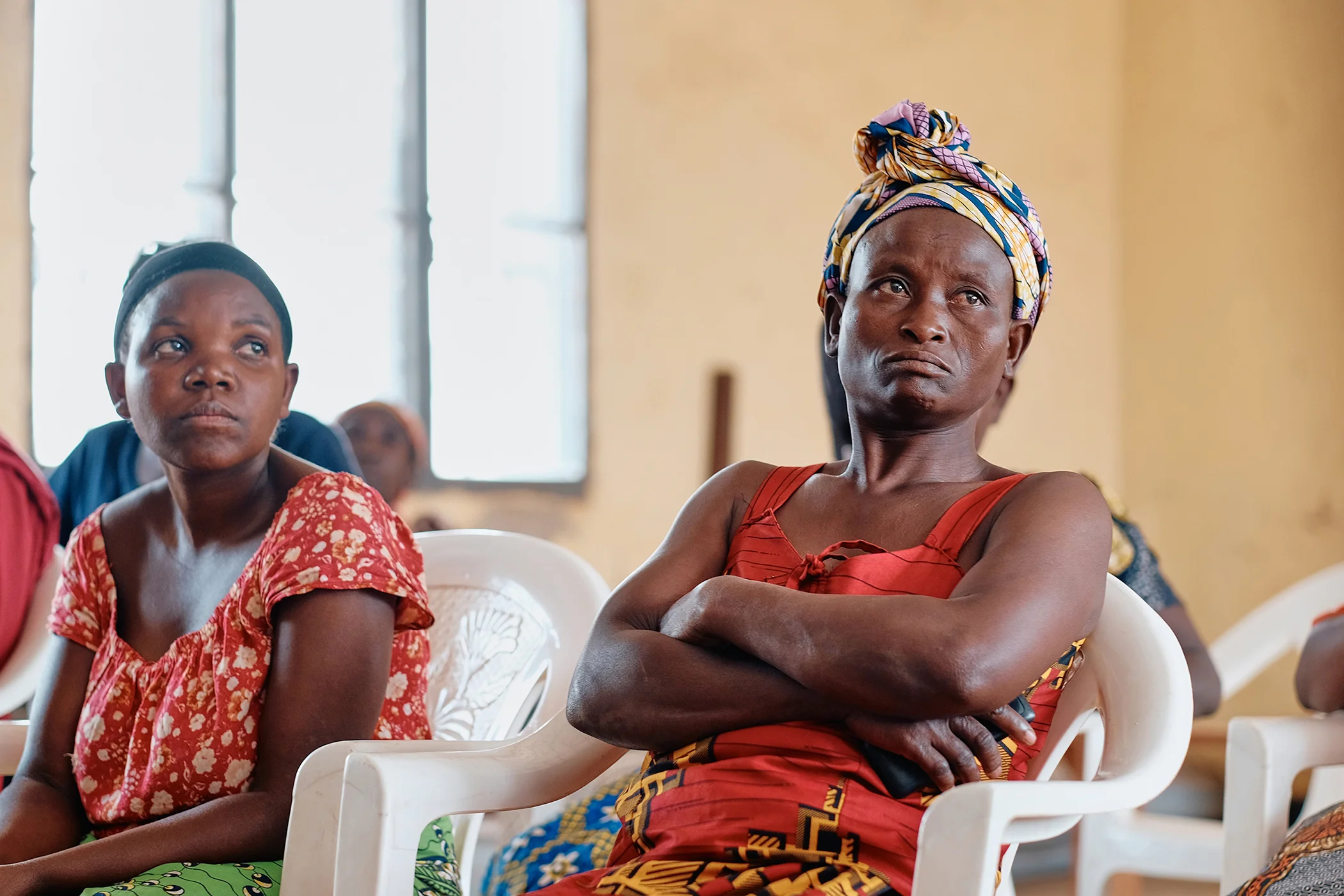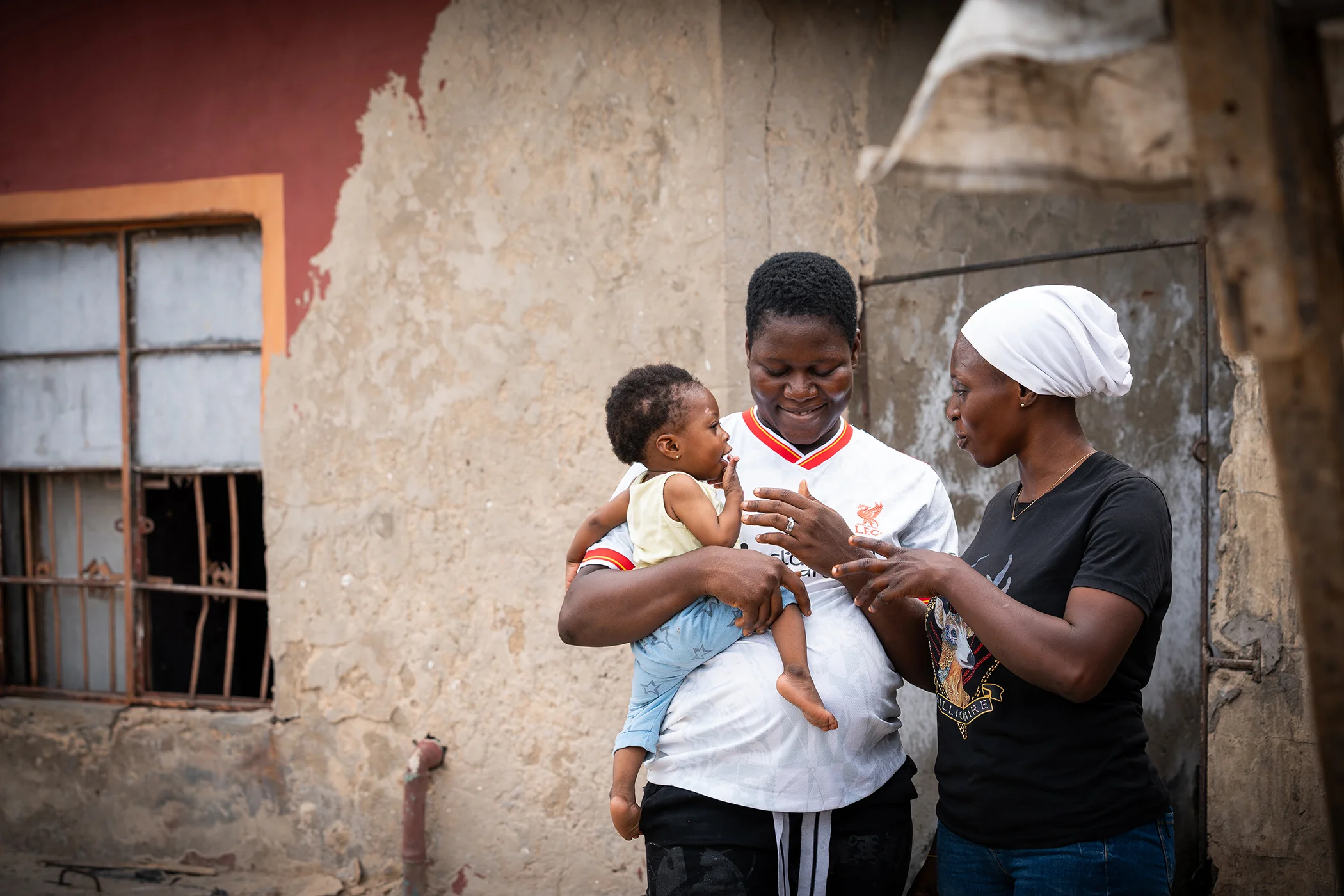Across Africa, a quiet yet transformative movement is changing lives. In bustling cities and remote villages, from the shores of Lake Victoria to the deserts of the Sahel, change is underway. African nations are prioritizing comprehensive sexual and reproductive health programs, equipping clinics with modern contraceptives and guidance on maternal health, and supporting educators who are breaking the silence around taboo topics. National policies are being rewritten to champion the sexual reproduction rights (SRHR) of women and girls, and communities are leading conversations once considered off limits.
One notable example is the African Union’s commitment to prioritizing SRHR through government policies and strategic initiatives. The Africa Centres for Disease Control and Prevention (Africa CDC) launched the Reproductive Health Strategy Priorities 2022–2026, which seeks to improve maternal and reproductive health across the continent and reduce maternal mortality in AU Member States.
Yet challenges remain. In too many places, outdated social norms and laws, stigma, and inadequate funding still hold back progress. But Africa is not simply waiting for help — it is leading with resilience and innovation.
Countries, like Ethiopia, are weaving together local wisdom with data to drive decisions, and pushing back against barriers that once seemed insurmountable. For nearly three decades, research organization the Population Council in Ethiopia has targeted over 100,000 marginalized girls through evidence-based programs that improve literacy, delay marriage, and increase knowledge of HIV and reproductive health.
By conducting rigorous surveys and studies involving adolescent girls, young women, and the men and boys in their lives, the Council has generated data that shaped impactful national and global policies and programs. But like Ethiopia, other African countries are taking a stand too.
 Kamanzi Nelly, a nurse from HDI, leading a workshop of STI and family planning in Cyaruzinge community in January 2025. Image: Tracy Keza for Global Citizen
Kamanzi Nelly, a nurse from HDI, leading a workshop of STI and family planning in Cyaruzinge community in January 2025. Image: Tracy Keza for Global Citizen
Maternal Health: Progress and Solutions in Action
Remarkable progress in maternal healthcare is saving lives and transforming communities. Rwanda has achieved one of the world’s fastest declines in maternal mortality, cutting deaths by an impressive 1,116 deaths per 100,000 live births in 1985 to 229 in 2023. In Ethiopia, maternal mortality fell from 871 per 100,000 live births in 2000 to 267 in 2020, driven by the training of over 40,000 health workers and the implementation of community-based health programs.
Ghana also made significant progress, reducing maternal mortality by 42% between 2000 and 2020 through investments in mobile clinics and skilled birth attendants. Meanwhile, in Malawi’s Mangochi district, mobile clinics launched by non-profit GAIA Global Health in 2022 have expanded antenatal and postnatal care to families living more than 13 km from health facilities, serving over 92,000 people by the end of 2024. Such innovations bridge critical health gaps and save lives.
HDI Rwanda is leading the way with rights-based advocacy, grounded in evidence. Denise Teta, HDI’s Policy and Advocacy Officer explains: “We have a research department that investigates key issues like barriers to safe abortion. We use that evidence to inform policy briefs and shape how we engage policymakers.”
 Residents of Cyaruzinge community are pictured during a workshop in January 2025, led by members of the HDI team on STI's, including their symptoms, transmission, and treatment. Image: Tracy Keza for Global Citizen
Residents of Cyaruzinge community are pictured during a workshop in January 2025, led by members of the HDI team on STI's, including their symptoms, transmission, and treatment. Image: Tracy Keza for Global Citizen
Two recent successes include a proposed amendment to lower the age of SRHR access from 18 to 15 years, as well as a ministerial order that expands safe abortion access to health clinics, not just hospitals — significantly increasing access to this critical form of healthcare for rural women.
Legal and Policy Breakthroughs
Groundbreaking legal changes are reshaping SRHR across Africa. Sierra Leone put forward legislation in 2022 expanding safe abortion access. Given that unsafe abortions contribute to 10% of maternal deaths, the introduction of this bill would provide a critical framework to reduce these deaths by ensuring access to safe reproductive health services.
In Kenya, a landmark moment unfolded in 2022 when the High Court boldly ruled that emergency obstetric care is a fundamental right for every woman. This ruling didn’t just make headlines — it set a powerful precedent for maternal health across the country. For countless expectant mothers facing life-threatening complications, this decision promises better access to urgent medical care when they need it most, a crucial step toward saving lives and ensuring safer pregnancies.
Meanwhile, just south of Kenya, South Africa has been making remarkable strides in women’s health, quietly leading the region with its expansive free contraception services and comprehensive HIV prevention programs. The government has rolled out pre-exposure prophylaxis (PrEP) to over a million people, with more than half starting in the past two years. By May 2023, the HIV prevention pill was available for free at 3,747 facilities across the country, including primary healthcare clinics, universities, correctional facilities, and hospitals.
Additionally, South Africa has been at the forefront of piloting safer conception services and integrating HIV care with reproductive health to support healthy, planned pregnancies. These services include HIV counseling and testing, antiretroviral therapy (ART), viral load monitoring, pre-exposure prophylaxis for HIV-negative partners, and cervical cancer screening.
These efforts reflect a comprehensive and integrated approach to HIV and SRHR , aiming to prevent unintended pregnancies, promote safer conception, and respect the reproductive rights of people living with HIV. Such initiatives are crucial for combating the global HIV epidemic and achieving elimination of mother-to-child-transmission goals.
The Road Ahead: Accelerating Africa’s SRHR Mission
The path forward for SRHR in Africa is clear. First, we must keep pushing for policy wins by advocating for national laws that protect women’s rights, expand access to care, and support youth-focused services that address the needs of Africa’s largest demographic — its young people.
Second, we need to invest in local solutions by funding African-led organizations that understand the unique needs of their communities. Third, we must celebrate and amplify success by sharing these stories to challenge the single narrative of despair and recognize the African leaders and grassroots activists driving this transformative change.
 Ashiata Maku stands next to her sister in law, Adegbesan Fathia, as she holds her 10-month-old baby outside their home in Lagos, Nigeria. Ashiata is a beneficiary of the Wellbeing Foundation’s Mamacare 360 program. Image: Grace Ekpu for Global Citizen
Ashiata Maku stands next to her sister in law, Adegbesan Fathia, as she holds her 10-month-old baby outside their home in Lagos, Nigeria. Ashiata is a beneficiary of the Wellbeing Foundation’s Mamacare 360 program. Image: Grace Ekpu for Global Citizen
Africa’s future is bright, and SRHR is lighting the way. To make sure every girl can finish school, every mother can survive childbirth, and every young person can decide their own future, Africa’s homegrown efforts need to be matched by global support — financial investments, technical expertise, and unwavering solidarity. SRHR, like so many global challenges, are interlinked with broader progress. When we invest in these rights, we unlock a ripple effect: better health, stronger economies, and more resilient communities. Together, these efforts can help end extreme poverty within our lifetime.
The future is in Africa’s hands, but it’s a future that demands all of us stand together, ensuring that no one is left behind. Will you be part of it?